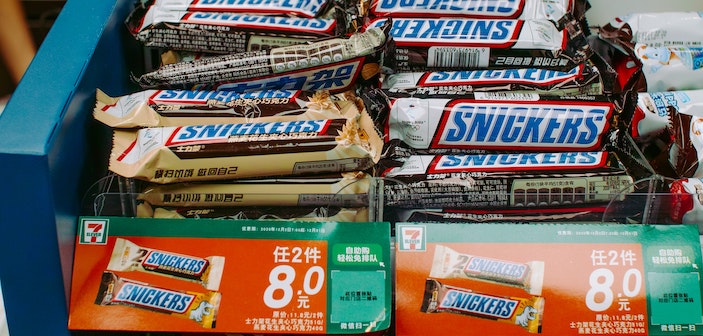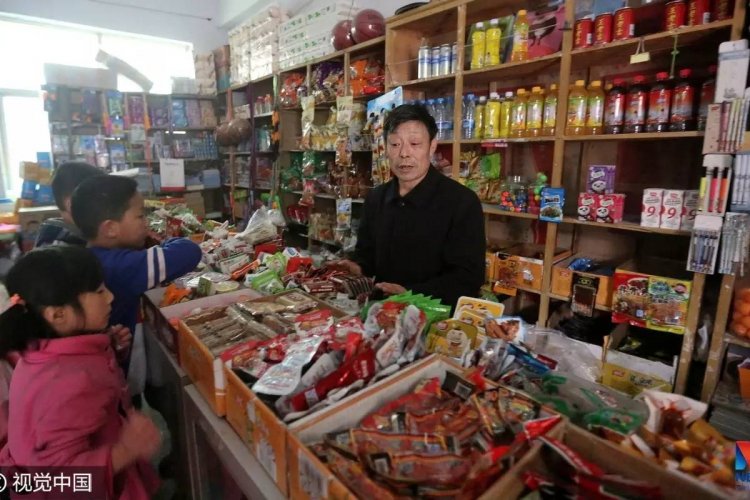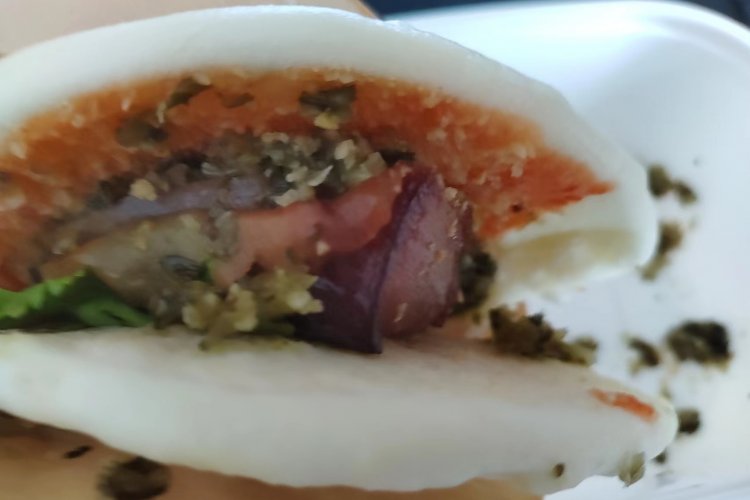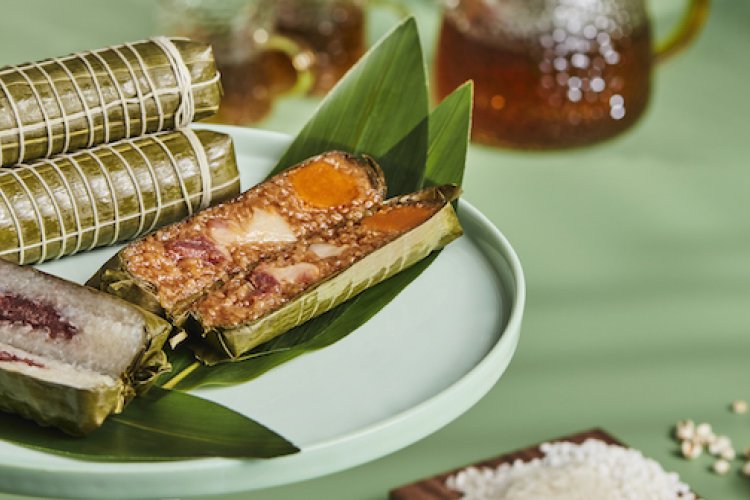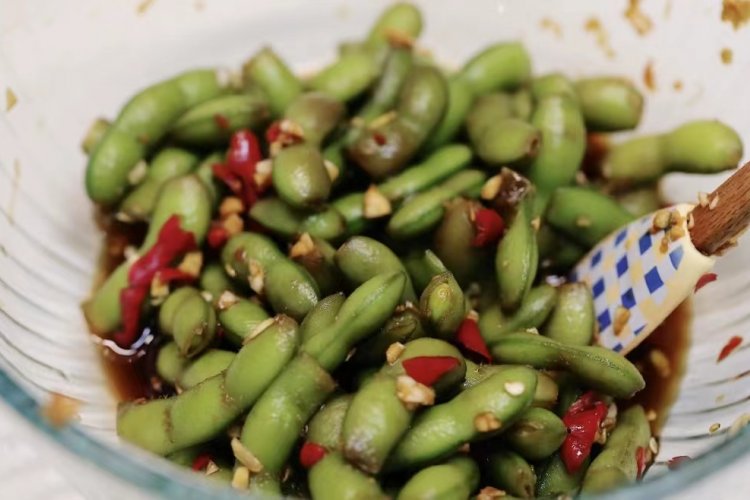Industry Insider: What’s Really Lurking In Those Foreign Snacks?
Baidu is embroiled in hot debate! Unilever, the maker of the very popular Magnum Ice cream bars, recently admitted they use powdered milk in their Chinese-produced products. Many fans of the brand are angry and lashing out online because they feel it’s an inferior product to the fresh milk used in the western produced variety. In a statement to CCTV Unilever insists it is a supply chain issue, not a quality or monetary decision but it raises an interesting question.
Are the brands that are familiar to us in the West the same here in China and are they safe to feed our kids? We reached out to an industry insider who had some interesting perspectives. They wish to remain nameless but when asked about the scandal told us “I wasn’t surprised to be honest, because the majority of mass-market ice cream brands use powdered milk instead of liquid/fresh milk in China. However, as a consumer, I would opt for brands with better ingredients.”
And when asked if they thought other international brands changed their formulas for the local market “Yes, I think most foreign brands have different recipes for the Chinese market. The reason could be because of the different taste profiles the Chinese consumers might have compared to other regions. The accessibility to ingredients is also different.”
In a country with over a billion people, snacks are a big business. According to Xinhua, Magnum sales are reported to have grown 20% in Asia over each of the past several quarters. That is in part due to flavors like Cherry Blossom and Matcha which are mostly exclusive to the Asian market. Other big western brands like Frito Lays, Coca Cola and Nabisco all have used the same strategy to gain large (and growing) shares of the Chinese snack market as well according to Forbe’s Magazine.
This is observably true to any expat who has excitedly seen a Lays logo and rushed to the shelf only to find it labeled as crab roe essence or snatched up a Snickers bar to discover it is rose flavored. International brands skew to local flavors. They have to in order to be competitive in this market.
This could actually be a fun part of living abroad for kids. Trying new things is part of the expat experience and couching an unfamiliar flavor in a familiar snack could be a great way to introduce your picky eater to something new. But our source says they haven’t been convinced the flavor profile is the only reason for the shift. “From a consumer’s perspective, I think it’s understandable that the recipes might be different around the world as long as it’s done to better serve the consumer. In Magnum’s case, because it costs roughly the same around the world, we would expect the ingredients should be of the same quality. Hence, selling the same product with inferior ingredients is definitely not in the consumer’s best interest.”
But wait, there's more! This blog originally appeared on our sister site, Jingkids International.
Click here to continue reading.
READ: Your Guide To Buying Organic Produce in Beijing
Images: UNSPLASH

